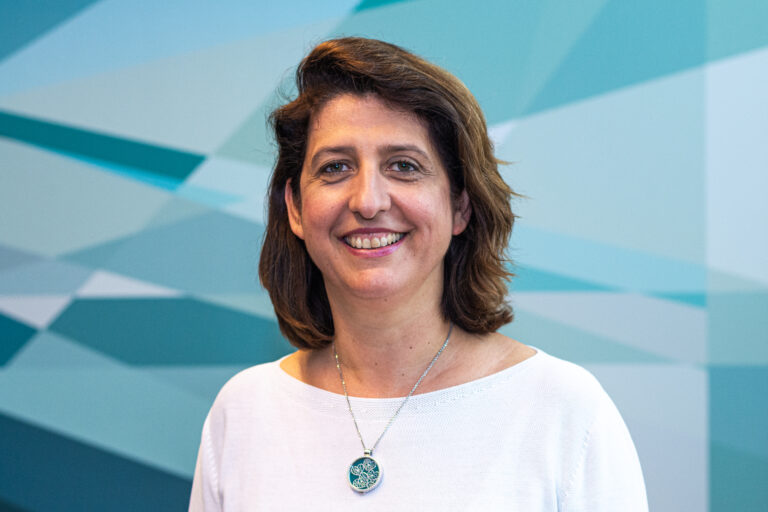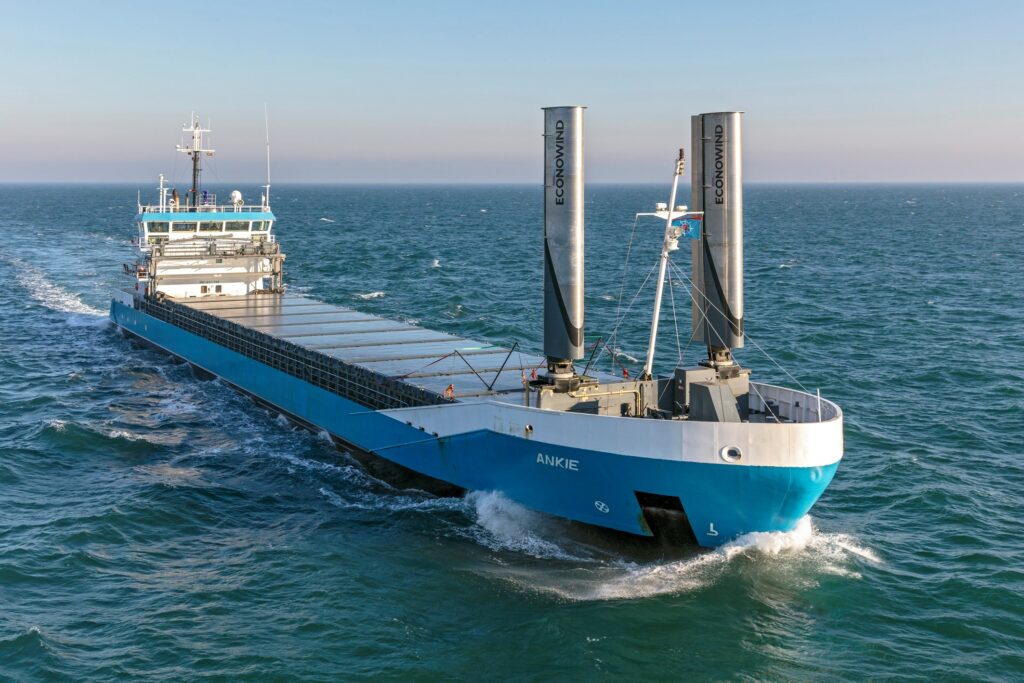What makes AI attractive and where do we encounter the barriers?
Since the start of the Netherlands AI Coalition (NL AIC), Emile Aarts (Professor of Computer Science, Tilburg University) has been involved as chair of the working group Social Acceptance and Inclusion. Emile Aarts: “The subject really appealed to me, given my scientific background in Artificial Intelligence (AI) and my interest and experience in digital innovation processes.
Challenge
One of the major challenges of this theme is to exploit the potential of AI without compromising our public values and fundamental rights. Emile. “How do you provide companies, governments, scientists and education with the space for research and implementation of AI applications, in a way that we (citizens of the Netherlands) find it useful and acceptable? The challenge is that we need a broad and diverse group of stakeholders to achieve supported, pragmatic and inclusive solutions.
AI affects people and organisations in the whole society and also the related social issues affect all facets of AI. From fundamental research in the field of deep learning in medical research to the use of smart algorithms in the devices we use. Europe opts for a human centric approach to AI. AI is by definition limitless. International participation in this human centric approach to AI is for the Netherlands an absolute necessity”.
Pillars human centric AI
Emile: “The working group focuses on human centric AI by raising awareness. We map out relevant insights for opportunities and bottlenecks, formulate them, share them and disseminate them to all stakeholders. We come with solutions for the opportunities of social application of AI. It is important to make agreements about the standards, which can help to test AI developments. We test the conditions that we agree on practical use cases and use ELSA labs for the implementation. We evaluate the results together and improve where necessary. We seek cooperation with (international) partners in order to secure the most useful conditions regarding social acceptance and inclusion in AI applications”.
Deployment of ELSA labs
The working group had the idea to set up ELSA labs (Ethical Legal Societal ‘labs’). Companies, government, knowledge institutions and the inhabitants of the Netherlands work together in these labs on socially relevant topics using AI methods and techniques. Emile: “We focus on challenges that come from our society and are aimed at stimulating prosperity. These include topics such as good health care for everyone, talent development for every child, no hunger, work for everyone, a safe life, no loneliness and lifelong learning. There are already various activities in which knowledge institutions collaborate in labs with accredited data suppliers, governments and private parties on socially relevant issues such as care and welfare, safety, payment arrears, education and underprivileged youth. We want to set up a programme structure with a portfolio of such activities to create a social innovation ecosystem. These projects can then be effectively set up and implemented around deeper social insights. We share the solutions and the role AI plays in this process with society”.
The importance of a social dialogue
Entering into dialogue with the citizens of the Netherlands is an important aspect for the NL AIC, according to Emile. “The main question for our Dutch efforts with regard to AI is: What type of society do we want to be? Our open and non-hierarchical way of thinking within Europe allows us to stimulate the right discussions. Especially from various disciplines. Not only from technology and science, but also from sociology, philosophy and the arts. It is not about right or wrong, but about the process of discussion and making people think about it. From whose point of view is such a goal named? Is it an efficiently functioning society? It makes a difference whether you live in a totalitarian state or in a democracy like the Netherlands. ‘Democracy’ also has a different connotation in various countries. The goal of society can therefore be different in each country and raise specific questions”.
Approach
The working group is constantly looking for a discussion with other parties, both inside and outside the coalition. Emile: “We organise events, workshops, congresses in order to enter into dialogue. We actively seek a broad social dialogue about the application and forms of AI in people’s lives. ELSA labs are a way to achieve this, but the dialogue must take place on a broader scale. It is explicitly the intention to involve the inhabitants of the Netherlands, in cooperation with companies, government and knowledge institutions. We do this by asking questions through different media, experiences and other interaction in order to come to answers. The focus is on the usefulness and added value of AI; what makes AI attractive and where are the barriers?






